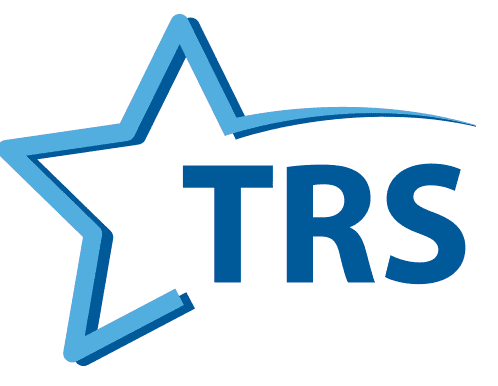The appointed mentor who supports an apprentice in their place of work plays an indispensable role in the apprentice’s journey. Undertaking an apprenticeship is a significant commitment to skills development both on the part of the apprentice and their employer. Most apprentice employers recognise that apprentices make a significant contribution in the workplace whilst forming an important aspect of succession planning. For the apprentices themselves, having a member of staff within the organisation who is appointed to support their training progression – the workplace mentor – is invaluable.
TRS Training place great emphasis on providing support to their apprentices’ workplace mentors. They have recently developed a video explaining the roles and responsibilities of mentors supporting staff undertaking their LGV Driver apprenticeship. To note, an apprenticeship mentor is always an employee of the same company where the apprentice works. It’s true to say that often, mentors have reported that supporting apprentices can be one of the most rewarding aspects of their job.
Navigating The World of Work
Apprentices face a demanding schedule of skills development which can include learning on the job, online seminars, classroom learning, regular progress reviews and more besides. Appointed mentors help apprentices with other aspects of their development, keeping them on an even keel. Mentors are there to specifically pass on their skills and guide their mentees in navigating the world of work. Through the scheme, apprentices benefit from the counsel of more experienced professionals.
Taking on the role of mentor does not involve being a line manager, getting involved in disciplinary issues or teaching any theory. What it does involve is coaching them and passing on the practical soft skills and experience built up over years. Mentors help apprentices develop their approach to work, including building rapport, team work, integrity and remaining positive and professional. They also teach them about company procedures and ways of working.
Support for mentors
TRS takes the role of mentors very seriously. They are an integral part of apprentices getting a hold on the career ladder. To help this go as smoothly as possible TRS provides robust support to mentors through advice and guidance.
The role of mentor is critical but it should never be a burden. Mentors are handpicked by their employer because of their own skills and professionalism. The main aspect of mentoring is passing these qualities on to the next generation of employees.
Gratitude and job satisfaction
One of the ways we get paid is in gratitude and job satisfaction. Acting as a mentor definitely ticks these boxes. Ian Emson, transport manager at Oakfurnitureland is a mentor to the firm’s apprentices based at the St Helens division. He says:
“The apprentices I have mentored say it makes them more professional and able to contribute more fully to their team. By giving them some initial confidence they become independent more quickly. It’s like speculating to accumulate because some clear guidance early on saves everybody time in the long run.”
Minimum Input Maximum Output
Deciding to step up as a mentor means mentoring and appraising progress of designated mentees. Through this appraisal process mentors support, motivate and improve the skills of the next generation of managers. Anything passed on will be bolstered by the structured educational aspect of the apprentice’s training. On a day to day basis, mentors are taking part in helping to develop fully rounded employees.
Bev Ellis, operations manager at TRS explains how workplace mentors are an essential ingredient:
“The role is to be a work ‘buddy’. Mentors act as a friend in a professional sense, not holding the apprentice’s hand but being there to listen and give support. If anything comes up that the mentor can’t deal with then they can contact us or signpost the less experienced member of staff as required.”
Mentors do not get involved in conflict management and are not responsible for the performance of mentees. Anybody acting as a mentor is not managing or taking responsibility for the apprentice’s work. It’s more about how apprentices conduct themselves.
The net result for mentors is the proud feeling of being involved in somebody else’s success. Mentors tell us that is it a very satisfying aspect of the job. Furthermore, being a successful mentor can help develop the sorts of skills required for people development and team leading. Which means it can help the mentor progress in their own career.




